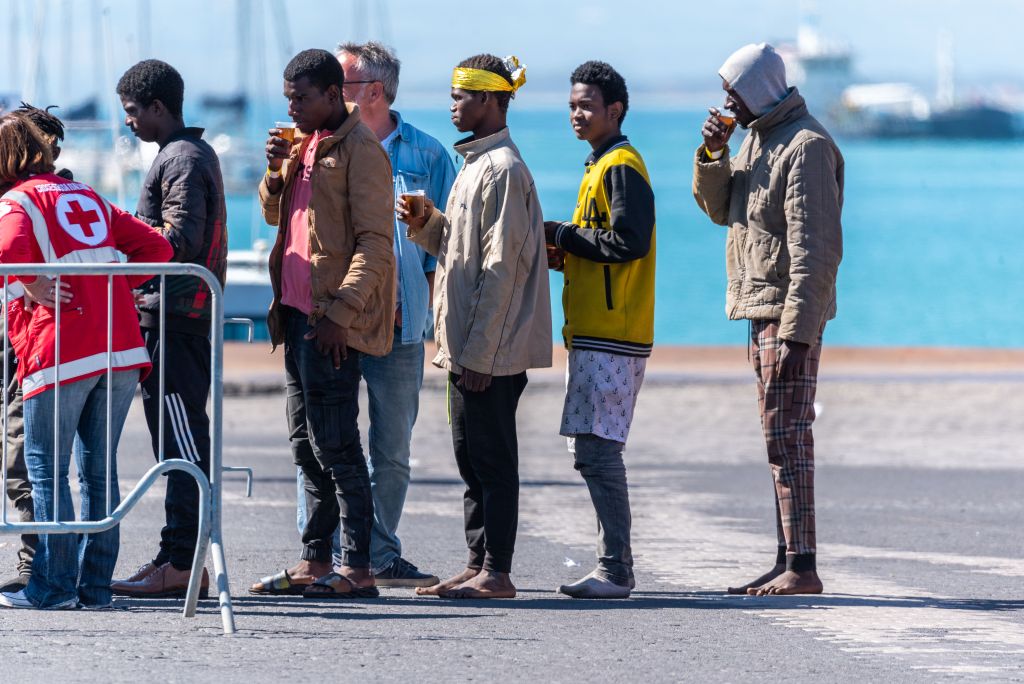Malta, EU’s new migration policy increases the current burden


LA VALLETTA (MALTA) (ITALPRESS/MNA) – Maltàs Home Affairs Minister Byron Camilleri declared that the agreement reached during this week’s Home Affairs Ministers of EU member states regarding Europès new policy on migration and asylum “does not provide peace of mind that Maltàs needs will be addressed, and at the same time increases the current burden, with further responsibilities which were discussed.”
Malta, along with Bulgaria, the Czech Republic, Lithuania, and Slovakia, abstained while Hungary and Poland voted against the agreement. The EU’s plan for migration was presented three years ago by European Commission President, Ursula von der Leyen.
Minister Camilleri explained that this agreement does not provide support in case Malta requires help due to an influx of immigrants which leads to a crisis. “For other countries, it may entail thousands, but for us, it may be just a few hundred or a small number of boats.”
He declared that the reform is not just nor functional and asked whether it will provide immediate needs that arise. He also questioned whether the reform will strike a balance with the new burdens which border countries such as Malta will need to face.
While acknowledging that a number of EU countries have a problem with secondary movements, Minister Camilleri insisted that these can be avoided, when primary arrivals are prevented to happen when everyone works towards the common goal of reducing primary movements.
He declared that Malta will continue working strongly to root out those who are not eligible for protection in Malta and to repatriate them.
While confirming that the primary arrivals in Malta are from Libya, he declared that the agreements with Libya are reaping results, however, he added that it is not fair to penalize Malta for saving people in distress, especially in a situation in which some are leading to more immigrants arriving in Malta.
Minister Camilleri added that the new responsibilities put forward by the EU Commission “will add to existing burdens in regards to the Dublin criteria.” Minister Camilleri added that the new responsibilities, which include obligatory procedures at the borders, might look good on paper. Still, in the practical context of maritime borders, they will neither prevent arrivals nor secondary movements.
He stated that although the proposed solidarity mechanism is mandatory, it is still flexible and somewhat weak, as it does not provide the necessary guarantees member states need to meet them. He explained that the mechanism proposed will still lead to deficiencies in relation to solidarity, and may be insignificant in relation to relocation. He insisted that solidarity needs to be based on objective criteria that reflect the reality of border countries.
Maltàs Home Affairs Minister observed that the procedures discussed will not address current challenges and insisted on new arrangements with third countries.
– foto: agenziafotogramma.it
(ITALPRESS).
Source: medNews

